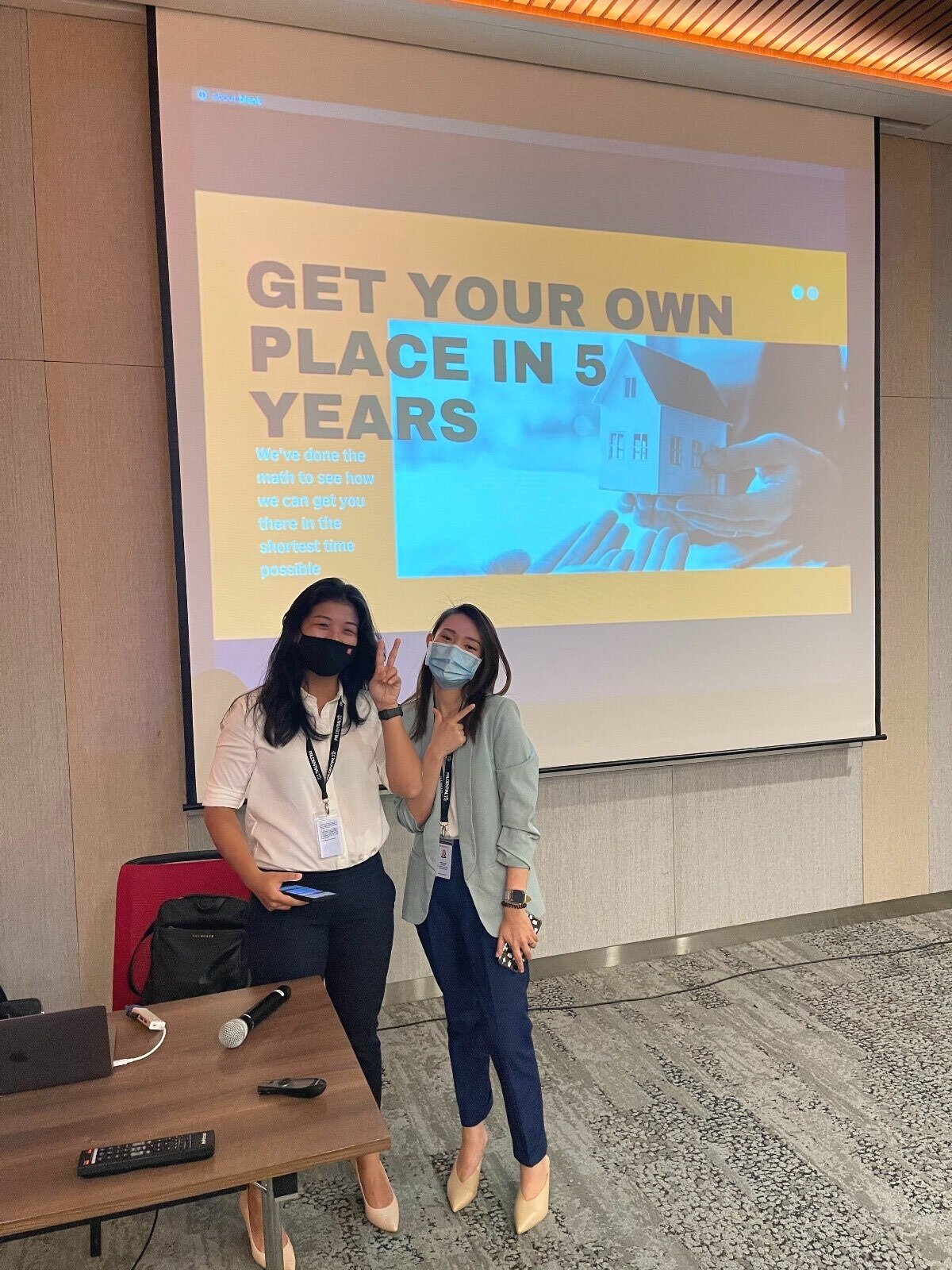I Held A Workshop About Home Ownership For LGBTQ+. Here's What I Found Out.
A home could simply be a space you call your own.
For some, a home is synonymous with the concept of freedom, space, and individuality. For others, a home is a safe haven where they take refuge in-- private, and free from nosy, judgmental eyes.
In my career, I am exposed to the financial goals and challenges of many individuals and housing is usually one of the biggest expenses for most. However, most of the LGBTQ+ community will find this goal to be exceptionally challenging.
As the state does not recognise non-heterosexual marriages, non-heterosexual couples are ineligible to purchase public housing unless they’ve reached 35 years old. This means that they can only purchase private housing (a costlier option) or rent, should they wish to have a space to call their own.
After meeting many individuals in this predicament, I decided to hold a workshop with my colleague, Natalia, about home ownership in Singapore for this particular group of individuals. Here’s what I learnt.
1. Chunk Down Big Expenses
Big expenses are often daunting because they seem beyond reach. An easy way to make them more manageable is to chunk it down.
One easy way is to break it down on a timeline. A goal to save up $100,000 of down payment will seem less daunting if you break it down into $20,000 saved in a year, or $1,666 saved per month, or $416 a week, or $59 a day.
2. Uncover The True Motivating Reason
Home ownership is sometimes led by emotional reasons without us realising. A well-located, spacious, freehold unit is definitely enticing to most but this often comes with a bigger price tag. And every benefit comes with a trade-off.
For instance, if privacy and urgently finding a space of your own is the motivating reason for home ownership, then location may not necessarily be a top priority for you to factor in. Some may even find that renting is an option because the motivating reason is not to own a home, but to have a space of your own.
However, if owning a property for investment purposes is your motivation then waiting it out to save more or get a better price on your property choice may be worth it.
When I conversed with the different attendees about this, I realised that spending time to understand your motivating reasons can help you crystalise the actual home you need, instead of one you think you want.
3. Look At The Big Picture
While purchasing your home is usually your biggest expense in your life, it is rare for this to be the only expense you’ll have to undertake. It is likely that you’ll have other savings and expense goals, such as pursuing further studies, considering a career transition, starting a business, planning for a family or even setting aside some cash for yearly travels.
Considering home ownership in the big picture helps you adjust your goals according to what is realistic. On top of that, it is important to review insurance plans should the unforeseen such as illness or accidents strike because these incidents will affect future plans.
Poor financial habits may also be something that threatens any plans you make. Purchasing a home is not a one-off purchase. You’ll still have a mortgage loan to service for decades after putting in the downpayment. If you have difficulty spending less than you earn or have debts to clear, home ownership may be trickier to plan towards.
4. The Power of Community
A number of the attendees came to the seminar with the impression that home ownership for the LGBTQ+ community before 35 was out of the picture because of the high financial outlay that comes with private property ownership.
We quickly uncovered that this is possible with intentional goal-setting, and a committed and systematic plan as long as you have healthy financial habits. Personally, the most moving part of the seminar was having the different attendees come together from all walks of life and realise that they were not the only ones facing this difficult predicament.
-----------------------------------------------------------------
Financial planning should be personalised as every individual’s circumstances can vary vastly. For my colleague, Natalia, and I, we quickly realised that the LGBTQ+ community face very specific challenges in this area, which led us to come up with such targeted seminars.
If you’d like to hear of more LGBTQ+ related content or our upcoming LGBTQ+ financial seminars, please subscribe to our Telegram channel!
Cheers,



